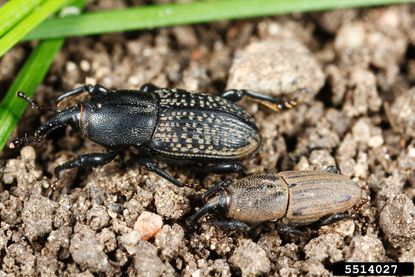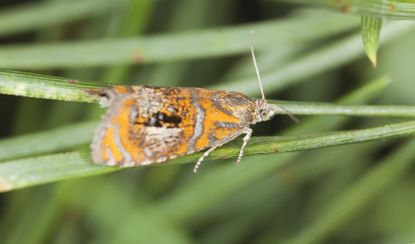Garden Pests
Identifying garden pests is sometimes difficult, as there are many, but important when it comes to pest control in your garden. However, with the right tips and facts about garden pests at your disposal, you can arm yourself with the tools you need for controlling pests before they take control of your plants. Common pests in the garden don’t need to be a cause for alarm. Simply use the following information for identifying garden pests and learn how to employ the best methods for pest control in your garden.
Explore Garden Pests
Garden Pests
-
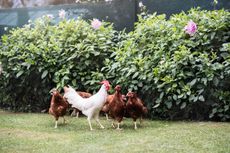
Garden Plants And Chickens: How To Protect Plants From Chickens
We are used to seeing "chicken found" or "chicken lost" signs and even chickens themselves strutting across our lawns. But you don't just want the chickens running amok. Protecting plants from chickens is also a priority. This article will help.
By Amy Grant
-
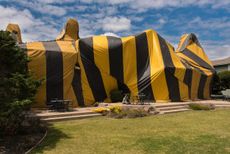
Plants And Fumigation – Tips On Protecting Plants During Fumigation
Sometimes, it's not our gardens that need pest control, it is our homes. Exterminators must be brought in to fumigate infestations. As you prepare for the extermination date, you may wonder "will fumigation kill plants in my landscape?" Find out here.
By Darcy Larum
-
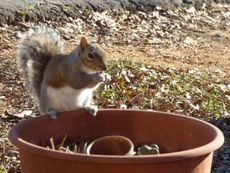
Potted Plants And Squirrels: Learn How To Protect Container Plants From Squirrels
Squirrels are tenacious creatures and if they decide to dig a tunnel in your potted plant, it may seem like keeping squirrels out of containers is a hopeless task. If you've had it up to here with potted plants and squirrels, here are a few suggestions that may help.
By Mary H. Dyer
-
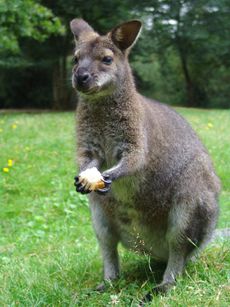
Wallaby Proof Plants: Tips On Keeping Wallabies Out Of Gardens
Wallabies generally eat grasses and other plants, including food crops, and can become a nuisance in the home garden. Click this article to investigate some tricks and tips that will allow you to enjoy these wild animals without sacrificing your produce plot.
By Bonnie L. Grant
-
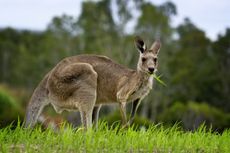
Kangaroo Deterrents: How To Control Kangaroos In The Garden
Kangaroos in the garden can be more of a nuisance than a delight due to their grazing habits. They will eat almost anything from prized roses to carefully tended vegetables. Click this article for some tips on how to control kangaroos in your garden.
By Bonnie L. Grant
-
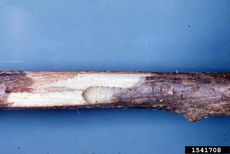
Twig Girdler Control: Learn How To Manage Twig Girdler Damage
The common names of bugs can give useful information about the type of damage they might do to your plants. Twig girdler beetles are a great example. As the names suggests, these insect pests chew the bark around small branches. Learn how to control them here.
By Teo Spengler
-
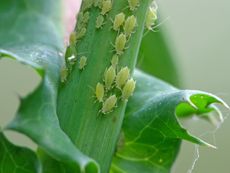
Greenfly Information: Greenfly Aphid Control In The Garden
Greenflies are simply another name for aphids - tiny pests that wreak havoc in gardens and farms around the world. This article contains information on their damage and what you can do to rid them of your garden. Click here to learn more.
By Mary H. Dyer
-
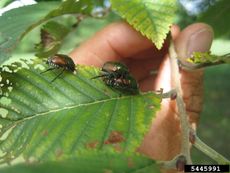
What Are Scout Beetles: Japanese Beetle Facts And Information
The first Japanese beetles to appear become scouts for others, notifying the rest of the adults by marking territory for them to follow. These advance scout beetles basically run reconnaissance on your garden. Find out how to control them here.
By Amy Grant
-
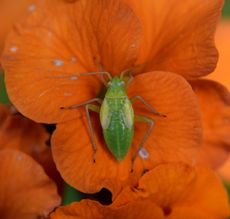
Capsid Bug Treatment – Managing Capsid Bugs In Gardens
Capsid insects feed on plant sap and damage is most common on plant tips in woody or herbaceous plants. Early capsid control is essential to preserving the foliage and fruit of your trees and shrubs. This article will help with that.
By Bonnie L. Grant
-
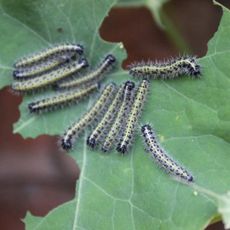
How To Prevent Caterpillars: Controlling Caterpillars In The Garden
Caterpillars show up in gardens in late summer and early fall. Only take extreme measures if you feel they’re being too destructive. Learn more here.
By Caroline Bloomfield
-
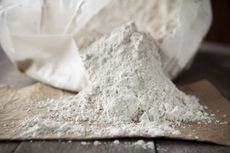
Garden Grade Vs. Food Grade Diatomaceous Earth: What Is Garden Safe Diatomaceous Earth
One type of diatomaceous earth is toxic and another is relatively safe to use. The type you should purchase depends on the intended use. Find out about the advantages and disadvantages of garden grade vs. food grade diatomaceous earth in this article.
By Jackie Carroll
-
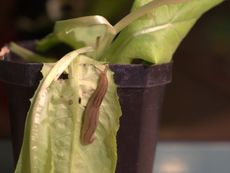
Slugs Eating Potted Plants: Protecting Container Plants From Slugs
Slugs are capable of wreaking havoc in the garden, and even potted plants aren't safe. Slugs eating potted plants are easily spotted by the silvery trail they leave behind, and by the round, chewed holes in the foliage. Learn more here.
By Mary H. Dyer
-
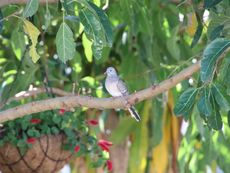
Hanging Plant With Birds: What To Do For Birds In Hanging Baskets
Hanging planters often provide attractive nesting sites for birds. Bird-proofing hanging baskets will prevent unwanted attacks and ease concerns about watering or maintaining your containers. Try a few of the suggestions in this article.
By Bonnie L. Grant
-
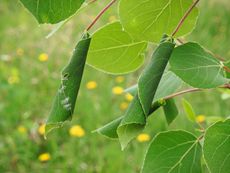
What Are Leafrollers: Leafroller Damage And Control
Leafroller insects can cause significant damage to garden plants. The following article will help with controlling these pests and minimize further problems. Read here to get additional information.
By Kristi Waterworth
-
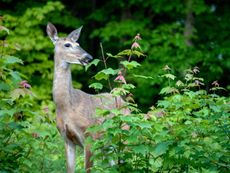
Tree Protection Against Deer: Protecting Newly Planted Trees From Deer
There is nothing more frustrating than noticing the bark is peeled away from brand new trees. Deer are graceful but their feeding and rubbing hurt your plants. So how can you protect baby trees from deer? The answers are found in this article.
By Bonnie L. Grant
-
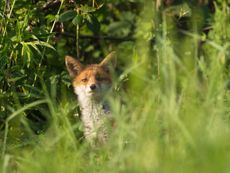
Fox Pest Control: Tips On Getting Rid Of Foxes In The Garden
In some areas of the country, the fox can be a menace. Learn more about how to prevent foxes in the garden by reading the article that follows. Don't let these sly animal pests wreak havoc on your turf. Click here.
By Amy Grant
-
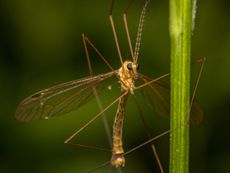
What Are Crane Flies: Information On Crane Flies And Lawn Damage
If you spy what looks like a giant mosquito, don't panic - it's only a crane fly. Though beneficial decomposers, crane flies and lawn damage also go hand in hand. Learn how to control them in this article.
By Kristi Waterworth
